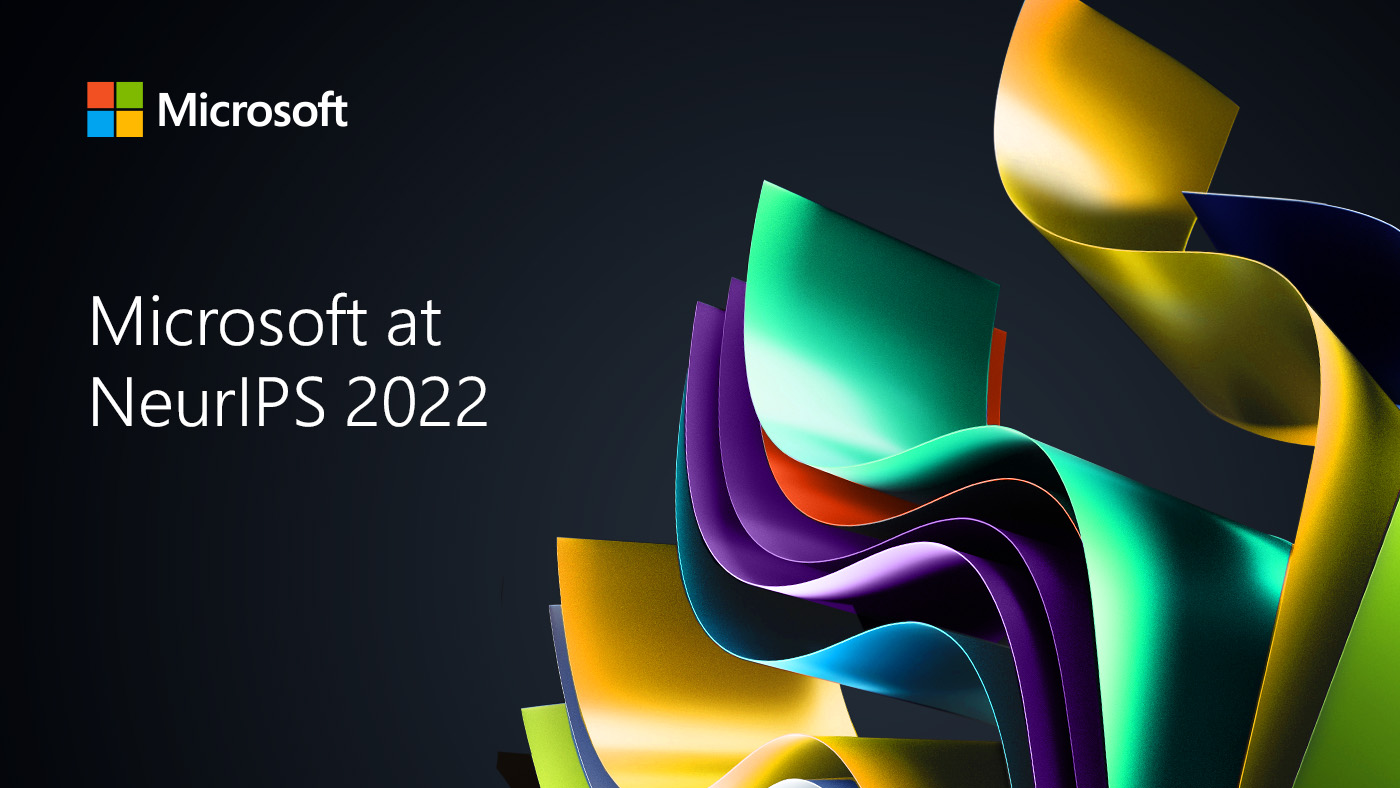By Bill Dolan, Principal Researcher, Microsoft Research
 This year, the annual meeting of the Association for Computational Linguistics (ACL) will be held in Berlin, Germany, August 7-12, 2016, at Humboldt University. ACL is the premier conference on natural language processing (NLP) systems and computational linguistics.
This year, the annual meeting of the Association for Computational Linguistics (ACL) will be held in Berlin, Germany, August 7-12, 2016, at Humboldt University. ACL is the premier conference on natural language processing (NLP) systems and computational linguistics.
As a Gold sponsor, Microsoft is proud to have more than 20 researchers attending and presenting at ACL. Along with my colleagues in the Natural Language Processing and Speech group, we’ll be presenting our latest research aimed at allowing computers to manipulate human language in order to engage and assist users.
Spotlight: Event Series
A major focus of our recent work is language generation: giving a “voice” to machine state, code and structured data, so that users can begin to use language to productively collaborate with their devices through a natural, flowing dialog in which the machine becomes an active conversational collaborator. One of our papers at ACL this year, for instance, demonstrates how we can generate plausible, commonsensical questions in response to a photograph; another explores how we can begin to “translate” between natural language and code.
We’ll also be talking about the latest work in our long-term effort aimed at training neural conversational models from huge volumes of naturally-occurring human conversations, learning how to generate natural-sounding dialog from scratch at each point in a conversation. As natural language dialog becomes an increasingly important direction in interface design, this data-driven approach — pioneered by Microsoft Research — is emerging as a key research area. One important challenge involves imbuing game/virtual reality characters and personal agents with distinctive personalities, so that their dynamically generated responses sound as if they were produced by a specific, real intelligence. At ACL 2016, we’ll be presenting the first published work on data-driven persona modeling, “A Persona-Based Neural Conversation Model.” This work demonstrates how state-of-the-art neural modeling techniques train conversational agents that “sound like” a specific character. What’s more, the work shows how these techniques permit the persona to adjust its language use to match the linguistic behavior of the person it is talking with; a subtle yet crucial phenomenon that is characteristic of natural human conversation.
Our ultimate goal is to be able to tap the profile of an arbitrary person and generate conversations that accurately emulate that individual’s persona in terms of linguistic response behavior and other salient characteristics. As the paper states, “this would dramatically change the ways in which we interact with dialog agents of all kinds, opening up rich new possibilities for user interfaces. Given a sufficiently large training corpus in which a sufficiently rich variety of speakers is represented, this objective does not seem too far-fetched.”
In addition, Microsoft Research is pleased to cosponsor the 1st Workshop on Representation Learning for NLP, which will discuss recent advances in “vector space models of meaning, compositionality and the application of deep neural networks and spectral methods to NLP” as well as explore future research directions.
If you are going to ACL 2016, please chat with our researchers and scientists about the projects and opportunities at Microsoft that involve solving interesting AI, ML and NLP problems for billions of users. To learn more about our research being presented at ACL 2016, see the sections below for Tutorials, Workshops, Accepted papers and Microsoft attendees.
Conference details
- Main Conference: August 8–10
- Tutorials: August 7
- Workshops: August 11–12
Tutorials
Workshops
- 1st Workshop on Representation Learning for NLP
Phil Blunsom, Kyunghyun Cho, Shay Cohen, Edward Grefenstette, Karl Moritz Hermann, Laura Rimell, Jason Weston and Scott Wen-tau Yih
Kinosaal - 6th NEWS Named Entities Workshop
Rafael E. Banchs, Min Zhang, Haizhou Li, A Kumaran
Accepted papers
- “A Persona-Based Neural Conversation Model” by Jiwei Li, Michel Galley, Chris Brockett, Jianfeng Gao and Bill Dolan
- “Improved Semantic Parsers for If-Then Statements” by I. Beltagy and Chris Quirk
- “Compositional Learning of Embeddings for Relation Paths in Knowledge Base and Text” by Kristina Toutanova, Victoria Lin, Wen-tau Yih, Hoifung Poon and Chris Quirk
- “Generating Natural Questions about an Image” by Nasrin Mostafazadeh, Ishan Misra, Jacob Devlin, Margaret Mitchell, Xiaodong He and Lucy Vanderwende
- “Deep Reinforcement Learning with a Natural Language Action Space” by Ji He, Jianshu Chen, Xiaodong He, Jianfeng Gao, Lihong Li, Li Deng and Mari Ostendorf
- “The Value of Semantic Parse Labeling for Knowledge Base Question Answering” by Wen-tau Yih, Matthew Richardson, Chris Meek, Ming-Wei Chang and Jina Suh
- “Query Expansion with Locally-Trained Word Embeddings” by Fernando Diaz, Bhaskar Mitra and Nick Craswell
- “Scalable Semi-Supervised Query Classification Using Matrix Sketching” by Young-Bum Kim, Karl Stratos and Ruhi Sarikaya
- “Inferring Perceived Demographics from User Emotional Tone and User-Environment Emotional Contrast” by Svitlana Volkova and Yoram Bachrach
- “Segment-Level Sequence Modeling using Gated Recursive Semi-Markov Conditional Random Fields” by Jingwei Zhuo, Jun Zhu, Yong Cao, Zaiqing Nie and Bo Zhang
- “How well do Computers Solve Math Word Problems? Large-Scale Dataset Construction and Evaluation” by Danqing Huang, Shuming Shi, Chin-Yew Lin, Jian Yin and Wei-Ying Ma
- “Knowledge Base Completion via Coupled Path Ranking” by Quan Wang, Jing Liu, Yuanfei Luo, Bin Wang and Chin-Yew Lin
- “News Citation Recommendation with Implicit and Explicit Semantics” by Hao Peng, Jing Liu and Chin-Yew Lin
- “RBPB: Regularization-Based Pattern Balancing Method for Event Extraction” by Lei Sha, Jing Liu, Chin-Yew Lin, Sujian Li, Baobao Chang, Zhifang Sui
- “Improved Semantic Parsers For If-Then Statements” by Beltagy and Chris Quirk
- “DocChat: An Information Retrieval Approach for Chatbot Engines Using Unstructured Documents” by Zhao Yan, Nan Duan, Junwei Bao, Peng Chen, Ming Zhou, Zhoujun Li and Jianshe Zhou
- “Knowledge-Based Semantic Embedding for Machine Translation” by Chen Shi, Shujie Liu, Shuo Ren, Shi Feng, Mu Li, Ming Zhou, Xu Sun and Houfeng Wang
Microsoft attendees
Learn more





